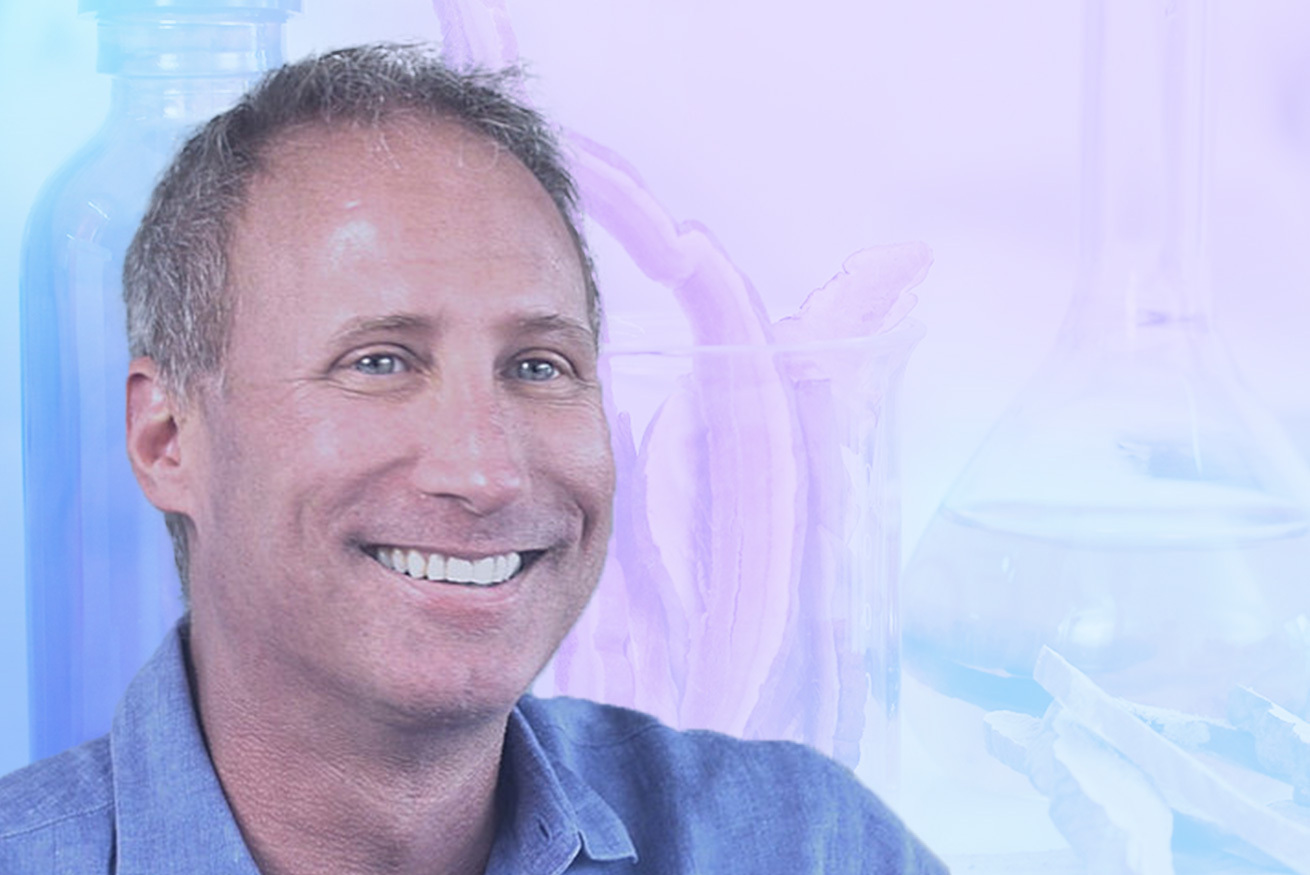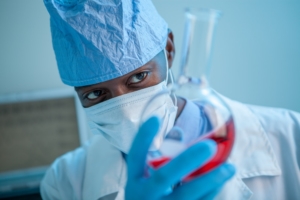
PsyBio Therapeutics is one of many emerging drug development companies on the frontier of the psychedelic revolution sweeping the globe. Although their researchers are utilizing psilocybin to build better therapeutic medicines, CEO Evan Levine doesn’t consider the company to be in the mushroom business.
“We do not touch these plants and fungi from a production process,” Levine says on the latest episode of our digital series PSYC Spotlight. “We use their genetics.”
“We’re building medications, which is the big difference,” he adds.
It’s a clarification that must be stressed to better understand the blossoming psychedelics industry, which is finding seemingly endless applications. As public approval rises for the once-demonized class of drugs, and more legislators follow in the footsteps of Oregon — a state that decriminalized psychedelics and legalized psilocybin — don’t expect doctors to be handing out dried up mushrooms to their patients.
Although Levine agrees psilocybin mushrooms are “undeniably” medicinal, he doesn’t consider fungi itself to be a viable product for the healthcare industry.
“I have unlimited anecdotes that come towards me. Personal and non-personal stories [about] the positive effects that the psychedelics have had on people’s lives. However, a mushroom is not a pharmaceutical product,” he explains to PSYC Spotlight host David Flores. “It is not consistent, there’s a high rate of variability, and sadly on top of it, you have no idea what you’re taking, unless you’ve grown this yourself. And it’s hard to cultivate a high-quality prep.”
Psychedelic researchers and clinical practitioners primarily rely on chemically synthesized psilocybin, because extracting the psychoactive compound from the mushroom itself isn’t practical. But that is quickly changing.
PsyBio Therapeutics launched in 2020 after Levine and his team acquired exclusive global rights to a Miami University researcher’s discovery: a way to convert genetically modified bacteria into psilocybin and other tryptamines, without using chemical synthesis. According to Levine, the method paves the way for a “cheaper, faster, greener” drug discovery and manufacturing process.
PsyBio is using synthetic biology to create what he calls cocktails, with different ratios of psychoactive chemicals found in magic mushrooms. Just recently, PsyBio filed a provisional patent application with the United States Patent and Trademark Office that contains 67 new inventive claims. One of those, he says, “can dramatically reduce the amount of psilocybin within that cocktail, increase at least one, or some of these other metabolites, and get a more profound efficacious and safety response.”
That’s scientific industry jargon for: PsyBio’s got a drug formulation within their intellectual property portfolio that the company sees as a contender to compete with standard of care medications, like SSRIs commonly prescribed to treat anxiety, depression and post-traumatic stress disorder — three mental health issues psilocybin has proven to treat effectively.
“A lot of these drugs, you know, they don’t work for a long time. It could take weeks to months to get any therapeutic benefit. You get a lot of side effects, such as sexual dysfunction, weight gain, and in some cases, suicidal thoughts,” Levine says. “But a paradigm shift is ready to occur, in our opinion, and in the industry’s opinion. These, we believe, are going to be superior medications when they’re produced as a medication.”
Watch the entire PSYC Spotlight episode with Evan Levine, CEO of PsyBio Therapeutics, below.





